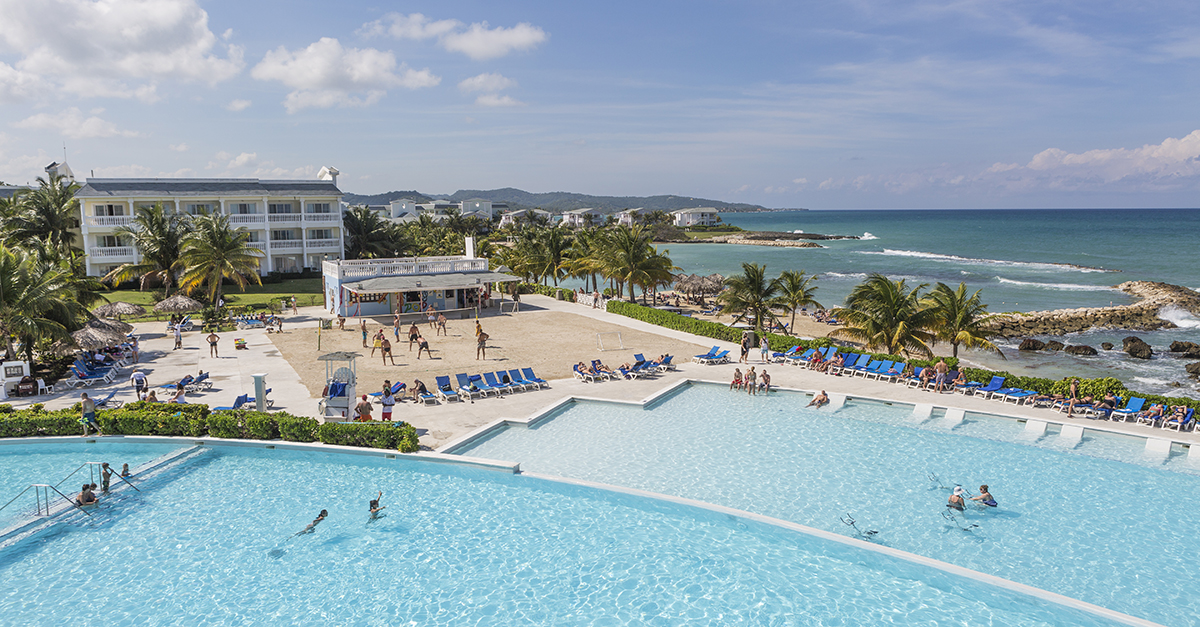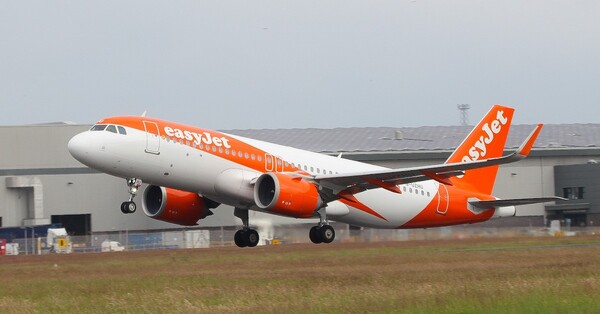You are viewing 1 of your 2 free articles
Europe’s Covid tourism recovery expected a year early in 2024
International tourist arrivals to Europe have almost rebounded to pre-pandemic levels following a strong summer.
Full recovery is expected in 2024, a year earlier than expected despite persistent inflation and geopolitical instability.
However, the revival remains patchy with two thirds of destinations still below pre-pandemic levels of foreign arrivals, according to new European Travel Commission (ETC) data.
International tourist arrivals to Europe are now 3.5% below 2019 levels, and nights are down by 1.3% for the January-September period following high demand over the summer.
The recovery is being driven by resilient intra-European travel and the influx of US tourists benefitting from favourable exchange rates, the ETC tourism trends report said.
Year-to-date data show that around one in three reporting destinations have surpassed 2019 levels of foreign arrivals.
Lower prices and favourable exchange rates are driving the tourism recovery in destinations such as Turkey and Bulgaria, while popular package holiday destinations such as Portugal and Spain are also experiencing high demand.
Europeans are generally considering a wider range of destinations than in the pre-pandemic period, with Turkey, Montenegro, Albania and Croatia being the top performers for overnight stays relative to 2019 levels.
Europe’s recovery was mostly driven by southern European and Mediterranean destinations, notably Serbia (+15%), Montenegro (+14%), Portugal (+11%), Turkey (+8%), Malta, and Greece (both +7%).
Around 65% of destinations are still below pre-pandemic figures, with slower recovery particularly evident among eastern European countries neighbouring Russia and Ukraine, and those that are normally reliant on Russian travellers.
The Baltic countries have registered the sharpest declines including Estonia (-27%), Latvia (-30%), and Lithuania (-33%).
Persistent geopolitical instability continues to have repercussions on Europe’s tourism outlook.
The ongoing war in Ukraine still affects arrivals figures in eastern Europe and the developing conflict in Israel poses risks going into the shoulder season, especially for destinations such as France, Turkey and Romania which are popular with Israeli travellers.
ETC president Miguel Sanz said: “Despite persistent economic and geopolitical challenges, it is encouraging to observe the ongoing rebound of European tourism.
“However, we must acknowledge that the true measure of tourism success extends beyond the number of visitors and nights spent at a destination.
“It is essential to also consider and evaluate its impact on nature, local businesses, and the resident population.
“As Europe’s tourism industry recovers, we should strive to develop innovative, sustainable metrics to better define its overall health and progress.”

















